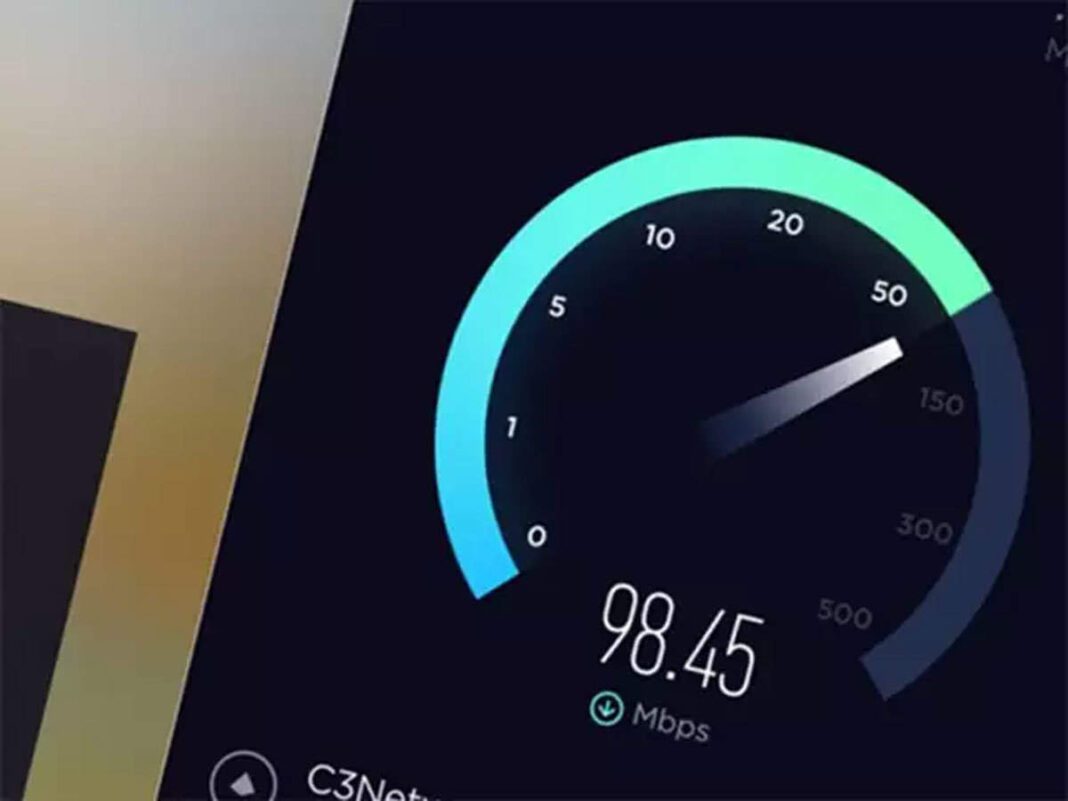The internet is the technology of the future, it was already way ahead of its time when it was released and even today, there are so many untouched avenues in terms of the internet’s speed and connectivity that humanity has just started exploring. It won’t be wrong to say that we haven’t fully grasped the concept of the internet even in this current day and age. A common example of this was seen during the pandemic when many people were unaware of the whole remote working and online educational concept even though, these activities are quite prevalent in our society for a long time now.
While on the other hand, there are people who are avid users of the internet but won’t be able to determine their usage data or connection speeds when asked about it. All this is simply because a regular internet user doesn’t have a basic understanding of the metrics of the internet’s speed and data. This sometimes creates a problem when users are going for a new internet connection, since they don’t even know the type of speed that they require which often leads to buying something either too much for their requirement, hence paying extra, or they go with something which isn’t quite sufficient to their needs.
Internet providers today offer a huge array of plans and services, which can easily confuse regular users. Taking the example of a provider like Cox Communications, they have an extensive number of packages. Cox Communications Plans comprises either standalone services like Cable and Internet or bundle deals that have a mixture of TV, Internet, and digital home phone. Then there are iterations of packages in these services taking the possible combinations to quite a huge limit.
This isn’t just about Cox but most internet service providers offer similar types of packages. Considering that there are more than 7000 service providers in the US alone, you can guess the amount of confusion it might generate among the users. So in order to overcome the obstacles of selecting the right internet provider or package, you should be equipped with at least the basic knowledge of how the speed of the internet and the data that you consume is calculated.
A Basic Guide to Data Metrics
The below-mentioned list has some vital components that every internet user should know to make a better and well-researched decision when selecting an internet provider.
Mbs, Gbs, and the Internet Speed
We all know that speed is a critical component of the internet and all the basic pricing of internet packages are dependent on their speed. Plus, speed is the most attractive factor that compels consumers to buy a specific internet plan. You may see that these speeds are advertised in Mbs or Gbs but what are they? Mb stands for Megabit while Gb stands for Gigabit, they are the data units in which the speed is measured.
An Mb consists of 1024 Kilobits which is a unit smaller than a Megabit, while a Gigabit consists of 1024 Megabits. What’s interesting to note here is that there is a basic data unit “bit” present in all these speeds. This is because a bit is the smallest data unit, you can consider this as the zero in mathematics. Where the whole concept of numbers is centred around zero. A single zero has no value but putting it beside any number hugely increases its power, the same is the case with bits.
The more bits you’ll have the more speed you’ll get, and these terms of Mega and Giga are used to denote a larger unit of bits. This makes it evident, that speeds in Megabits are faster than Kilobits, and Gigabits are the fastest of them all. The numbers beside them are used to imply the power of these units, like 200 Mbps or 1 Gbps. Where the first two letters are the data unit and ps in the last is an acronym for “per second”. So a 200Mbps connection is able to transmit 200 Megabits per second from one end to another.
MBs, GBs, and other Data Units
Now let’s come to the actual component that internet users consume in their day-to-day lives. This aspect is the data and it is measured in GBs, MBs, or KBs. One can say that these are exactly the same units mentioned in the speed section, but looking closely it is the capitalization of letters that makes all the difference. An Mb and MB are two completely different data units with completely different values.
Where an Mb stands for Megabit, on the flip side, an MB stands for a Megabyte. To ease up this confusion between a bit and a byte, a byte is made up of 8 bits. While a bit is the smallest unit of data, it is actually the byte that is the most commonly used unit of data to determine amounts of data usage in the real world. The rest of the data units like Mega and Giga have the exact same representation. Where a Megabyte is made up of 1024 Kilobytes and so on.
Our computers and online devices stores data in bytes and we often see users being confused that they have a 200Mbps connection however their 200MB file takes much more than a second to finish downloading. That’s because a 200Mbps connection is supplying data in bits, whereas a 200MB file is made up of 200 Megabytes of data. So users should be careful with the letter “b” when choosing an internet pack and shouldn’t confuse it with a Byte.
The data allowance provided to users by their service providers is also in Bytes, so rest assured that your 1TB plan would suffice all your gaming and streaming needs because not only are you getting data in Bytes and not Bits but also that Terabyte is the largest data unit in use which makes up from 1024 Gigabytes.
Conclusion
Looking at the sensitive nature of the internet and how commonly it is used today, it’s quite unfortunate that most internet users are clearly unaware of these technicalities which leads them to make wrong choices when getting a new connection or changing their package. This article consists of all the basic knowledge that internet users need to manage their usage and make better decisions regarding their connection in the future.


